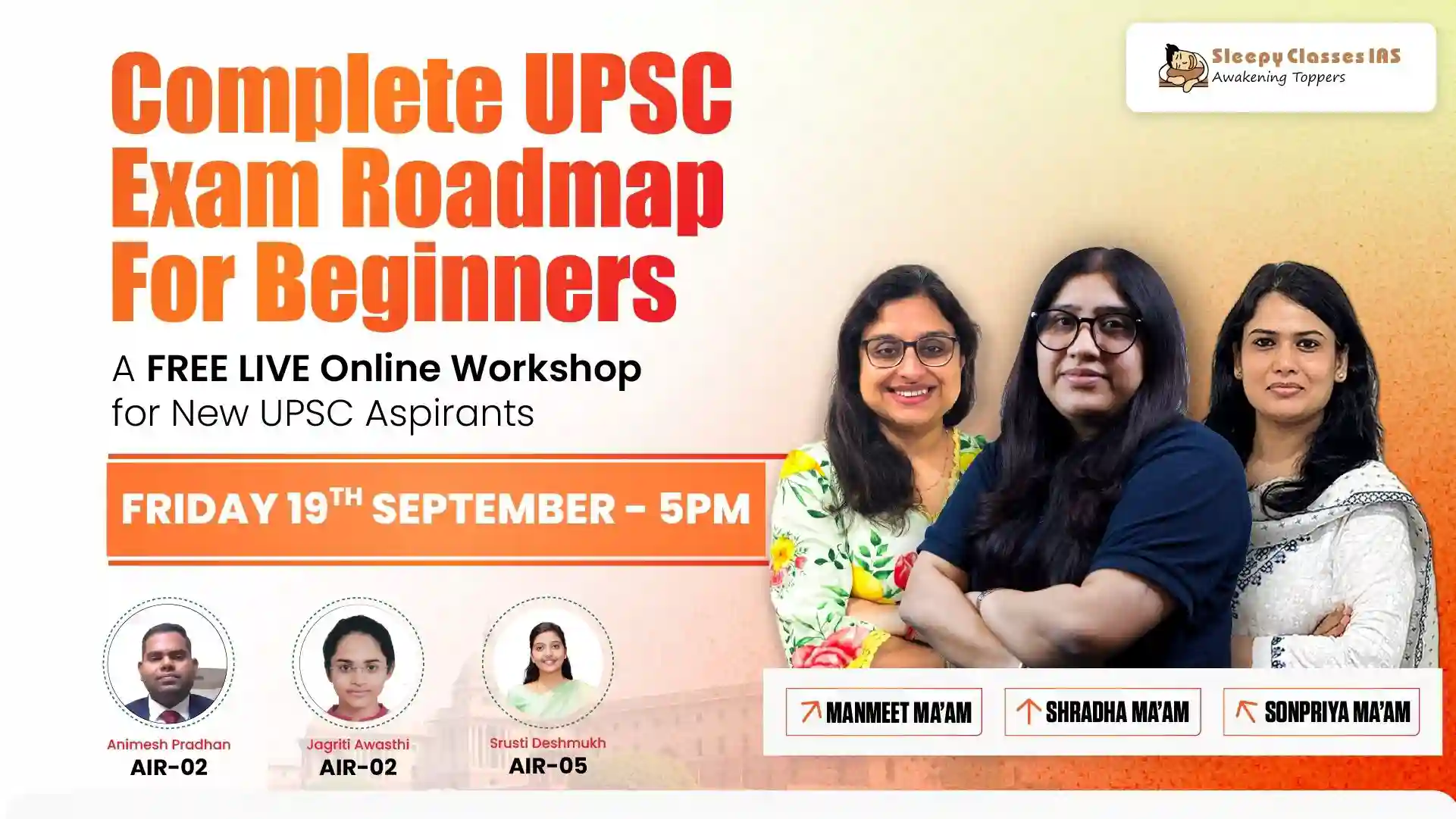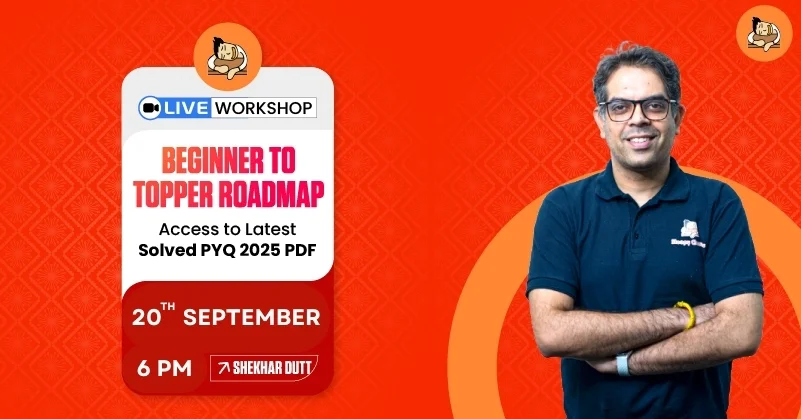Preparing for the UPSC exam can be challenging, especially when it comes to staying updated with current affairs. The right strategy and resources can make a big difference. This article will guide you on how to effectively study current affairs for UPSC, with expert tips and recommended resources.
Key Takeaways
- Daily reading of newspapers like The Hindu and The Indian Express is essential for staying informed about national and international events.
- Monthly current affairs magazines provide a summary of important events, making it easier to review and retain information.
- Online resources, such as websites and apps, offer real-time updates and interactive quizzes to test your knowledge.
- Creating comprehensive notes and regularly updating them helps in retaining information and makes revision easier.
- Participating in quizzes and discussions enhances understanding and retention of current affairs.
Daily Newspaper Reading for UPSC Current Affairs
Reading newspapers daily is a traditional yet effective way to stay updated with current affairs. Newspapers offer a wide range of information on national and international events, making them a valuable resource for UPSC aspirants. When reading newspapers, focus on editorials, opinion pieces, and articles that provide in-depth analysis and diverse perspectives on key issues.
Utilizing Monthly Current Affairs Magazines
Monthly current affairs magazines are a great way to stay updated with important events. They summarize key happenings, making it easier to revise what you have already read. Here are some tips on how to make the most of these magazines for your UPSC preparation.
Leveraging Online Resources for Current Affairs
With the rise of digital platforms, accessing quality study materials, interactive classes, mock tests, and current affairs updates has never been easier. Online resources can significantly enhance your UPSC preparation by providing up-to-date information and diverse perspectives.
Making Comprehensive Notes
Creating detailed notes is essential for mastering current affairs for the UPSC exam. Organizing your notes systematically can make your study sessions more effective and help you retain information better.
Participating in Quizzes and Discussions
Participating in quizzes and discussions is a fantastic way to stay updated and test your knowledge. Many websites and apps offer daily quizzes and challenges that can help you stay motivated and track your progress. These quizzes often cover a wide range of topics, allowing you to broaden your understanding and identify areas that need more attention.
Analyzing Current Events in Depth
Understanding Context and Implications
To truly grasp current events, it’s essential to understand their broader context and implications. Instead of just noting down facts, try to analyze the causes and consequences of the event. This will help you develop a deeper understanding and enable you to write more analytical answers. For instance, if there is a new policy introduced by the government, analyze its impact on various sectors such as economy, society, and environment.
Connecting Events to UPSC Syllabus
Connecting current events with the syllabus is essential. Try to relate news articles to the topics in your UPSC syllabus. This will help you understand the relevance of current affairs in the context of the exam. For example, if there is a significant development in international relations, you can relate it to the International Relations section of the syllabus. This approach not only helps in better retention but also in writing more comprehensive answers in the exam.
Developing Critical Thinking
Critical thinking is crucial for analyzing current events. Instead of just accepting information at face value, question the underlying issues and implications. Ask yourself why an event happened, what the different perspectives are, and what the potential outcomes could be. This will help you develop a more nuanced understanding of current events and improve your ability to write well-rounded answers.
Consistent effort and a systematic approach can help you master current affairs effectively.
Integrating Current Affairs with Static Subjects
Integrating current affairs with static subjects is crucial for UPSC preparation. It helps in making your answers more relevant and insightful. By connecting contemporary events with static topics, you can provide a well-rounded perspective in your answers.
Strategic Revision of Current Affairs
Weekly and Monthly Reviews
Set aside time each week to review the notes you’ve made. Additionally, do a more comprehensive monthly review of current affairs to consolidate your knowledge. This helps in retaining information and understanding the broader context of events.
Creating a Revision Schedule
A well-structured revision schedule is essential. Allocate specific days for different subjects and stick to the plan. Consistency is key to ensuring that you cover all important topics without feeling overwhelmed.
Utilizing Flashcards and Summaries
Flashcards are a great tool for quick revisions. Write down key points and facts on flashcards and review them regularly. Summaries of important events can also be very helpful. They provide a quick overview and help in retaining crucial information.
Regular revision is crucial for mastering current affairs. It ensures that you stay updated and can recall information quickly during exams.
Using tools like Mains 365 can be very effective for integrating current affairs into your UPSC preparation. It covers key subjects like polity, international relations, and security, making it a comprehensive revision tool.
Mock Tests and Previous Year Papers
Importance of Practice Tests
Mock tests are essential for UPSC preparation. They help you get used to the exam format and manage your time better. Taking regular mock tests can boost your confidence and highlight areas where you need improvement.
Analyzing Previous Year Questions
Going through the UPSC Civil Services previous year question papers will help you understand the concepts better. It shows you the types of questions asked and the important topics. This practice can lead to improved performance in the actual exam.
Improving Time Management Skills
Mock tests and previous year papers also help in improving your time management skills. By practicing under timed conditions, you learn to allocate the right amount of time to each section. This ensures you complete the exam within the given time frame.
Regular practice with mock tests and previous year papers is a proven strategy to excel in the UPSC exam.
Expert Tips for Effective Current Affairs Preparation
Advice from Toppers
Many toppers suggest that staying updated daily is crucial. Reading newspapers like The Hindu or The Indian Express can help you keep track of national and international news. Digital news apps can also be useful for receiving news alerts directly on your mobile device.
Common Mistakes to Avoid
One common mistake is spending too much time on newspapers. Ideally, you should finish reading the day’s current affairs in under 2 hours. Another mistake is focusing on news rather than issues. For example, instead of just reading about a speech on the $5 trillion economy, understand the larger issue: why this number, what sectors to focus on, and what steps the government should take.
Staying Consistent and Motivated
Creating a structured study routine can help you stay consistent. Dedicate a specific time each day to focus on current affairs. This might involve early morning reading sessions or evening reviews. The goal is to make current affairs a part of your daily study regimen.
Consistency is key. Make reading newspapers a daily habit, use monthly magazines for a broader perspective, and take advantage of online resources.
Remember, UPSC preparation is a challenging journey that demands thorough subject knowledge, regular current affairs updates, and strong analytical and writing skills.
Preparing for current affairs can be challenging, but with the right tips, you can stay ahead. Visit our website to discover expert advice and resources that will make your preparation easier and more effective. Don’t miss out on the chance to excel in your exams!
Conclusion
In summary, mastering current affairs is essential for success in the UPSC exam. By following the expert tips and utilizing the resources mentioned in this article, you can stay informed and prepared. Make it a habit to read newspapers daily, use monthly magazines for a broader view, and take advantage of online platforms. Regularly test your knowledge with quizzes and mock tests to improve your understanding and answer-writing skills. With dedication and a well-structured approach, you can confidently tackle current affairs and enhance your chances of acing the UPSC exam.
Frequently Asked Questions
Why is it important to read newspapers daily for UPSC preparation?
Reading newspapers daily helps you stay updated with current events, which is crucial for the UPSC exam. It also improves your understanding of various topics and enhances your analytical skills.
Which newspapers are best for UPSC current affairs?
The Hindu and The Indian Express are highly recommended for UPSC aspirants due to their comprehensive coverage of national and international news.
How can I effectively use monthly current affairs magazines?
Monthly current affairs magazines can provide a consolidated view of important events. Highlight key points and integrate them into your notes for better retention.
What are some useful online resources for current affairs?
Websites like PIB, PRS, and apps like Insights on India and Unacademy offer valuable current affairs content tailored for UPSC preparation.
How should I organize my notes for current affairs?
Organize your notes by topics and subtopics. Use digital tools like Evernote or OneNote to make your notes searchable and easy to update.
Why are quizzes and discussions important for current affairs preparation?
Quizzes and discussions help reinforce your knowledge, identify gaps, and improve your recall ability. They also provide different perspectives on various issues.
When should I start preparing for current affairs for the UPSC exam?
It’s best to start your current affairs preparation at least a year before the exam. This gives you ample time to cover and revise all important topics.
How can I integrate current affairs with static subjects in UPSC preparation?
Link current events with theoretical concepts from your static subjects. This helps in understanding the practical application of theories and makes your answers more comprehensive.






